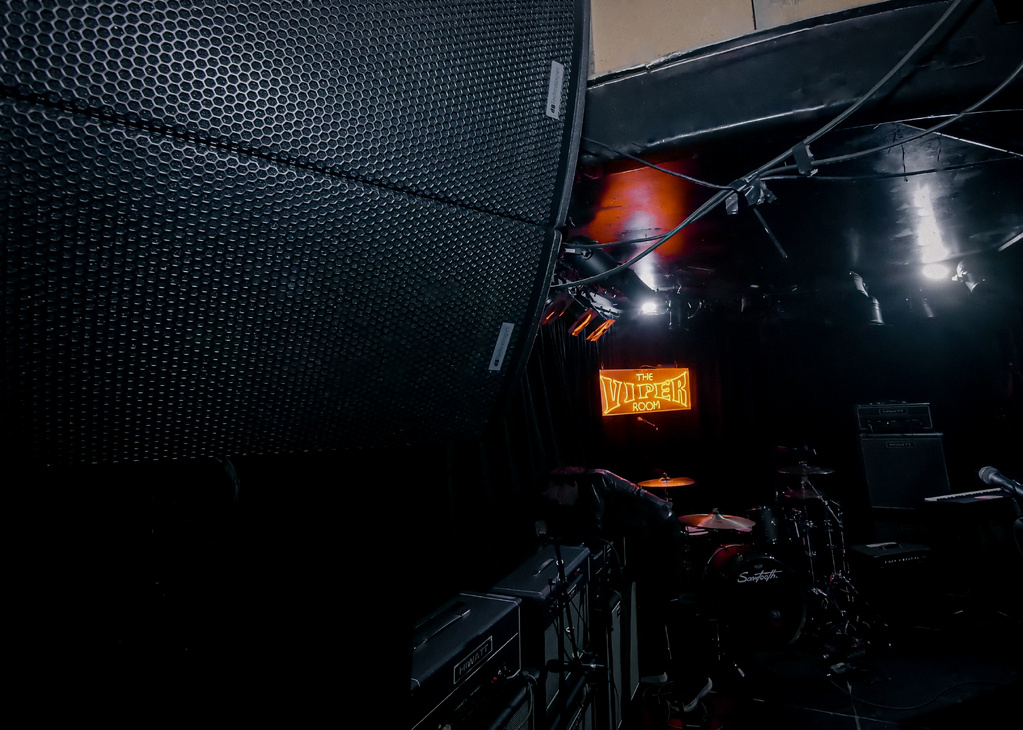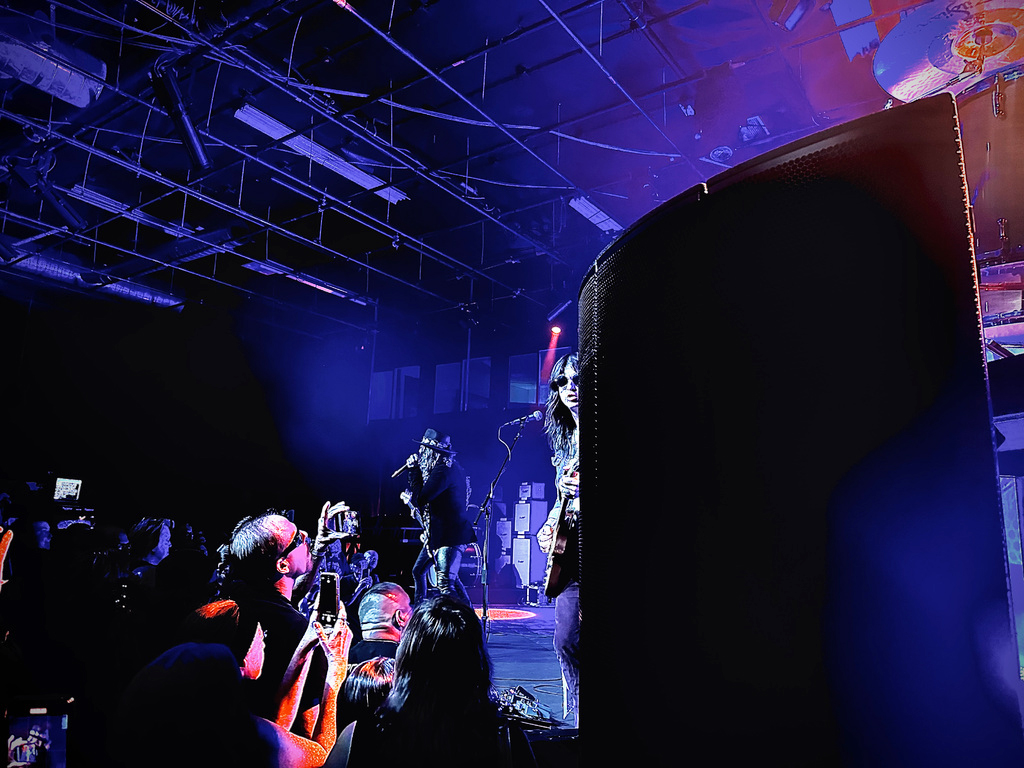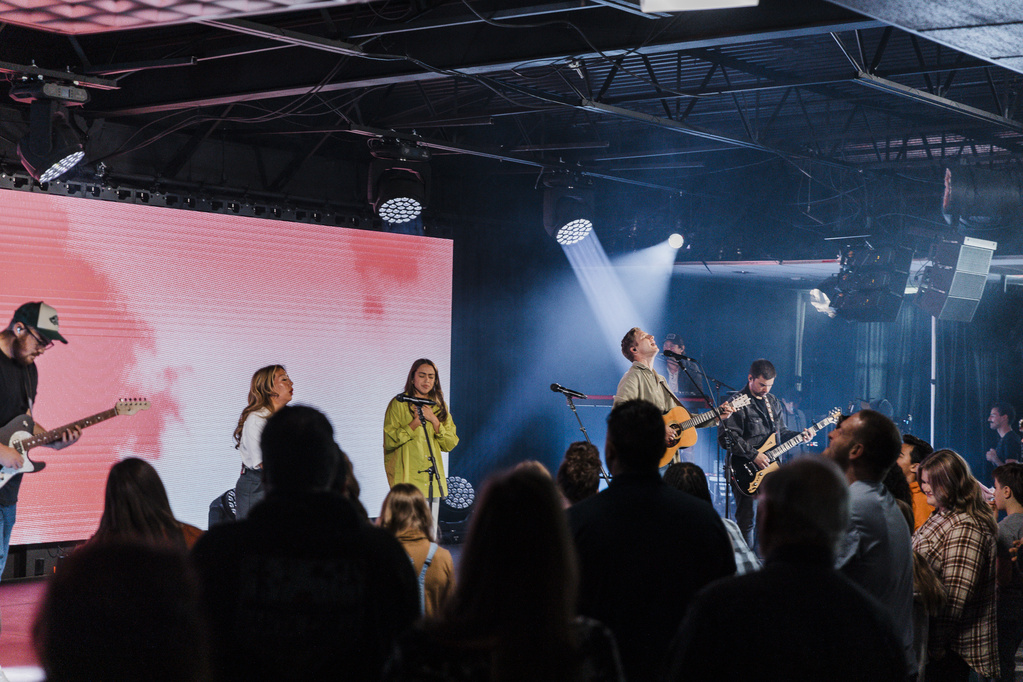In most churches, front of house (FOH) is the most difficult tech job when it comes to audio. It’s every bit as visible as song words (or presentation as we call it), and far more difficult to master.
As the church get bigger, the band typically does as well, which makes the job that much tougher. Finding volunteers who are willing to take the time to learn how to mix FOH can be challenging; I suspect most churches have only a handful of people in their entire congregation who even could do it, let alone who are willing to do it.
Once you find them, it’s critical to train them well. Failure to train a volunteer is akin to setting them up to fail. Which means, if they fail, it’s our fault.
Sometimes churches will just have a new volunteer start showing up and stand behind the mixer with an existing operator. The existing tech may show them a few things—this control does this, that control does that—and a week or two later the unsuspecting newbie is thrust into the limelight. It’s not a great way to start things off—for anyone.
I’m occasionally asked how I train audio volunteers, and today I’ll pull back the curtain to that process (not that it’s that super-secret…). The first thing I always tell prospective audio volunteers is that this is going to be a process, a long process. I don’t expect anyone to go from, “Hey, I’d like to learn sound,” to mixing FOH solo in less than six months.
Occasionally I’m surprised, and it’s possible that someone could do it if they were there every weekend. But most can’t be, so it takes 6-12 months to get them fully prepared to handle a weekend.
And when I say fully prepared, I mean that they could handle all the audio needs of a service if I wasn’t there. At the end if this post, I’ll include my current training plan at Coast Hills. But first, here are some general thoughts.
Start At The Beginning
As we know from “The Sound of Music,” that’s a very good place to start. Our audio trainees spend a few months getting to know the mic locker, our cable storage system, our stage layout and learn to set up the stage. Only after they can set the stage by themselves with only the aid of an input sheet are they allowed to learn the mixer at all.
Too often, people want to start learning the mixing board right off the bat. I suggest this is a bad idea for two reasons.
First, the FOH position is a servant position. As important as knowing the equipment and having a good ear is, a really good FOH engineer is a servant. It can also be viewed as a prestigious position, and putting someone in there too soon can lead them to forget why they’re there.
Second, when someone learns the mixer, but doesn’t have a very solid grasp of how the audio gets there, if something, anything, goes wrong, they have no clue how to fix it. Intimately knowing the entire signal path will make it far easier to track down trouble.
Use Milestones, Not Time
Everyone learns at their own pace, and it’s important to not force people into the next level if they’re not ready for it. It’s also important to not hold people back. Some volunteers will pick this up really quickly and can move on to the next level sooner than others. Let them. Holding them back will frustrate them and you.
It’s important to have a series of milestones that can be agreed upon as points to move forward. For example, when someone can set the entire stage by themselves, they can move on to basic training on the SD8. Some people will get that in a month. Others will take 6 months; either is OK.
I promise every prospective sound volunteer that I will stick with them as long as it takes. It’s important to be in this for the long haul.
Now, some people are just not going to get it, and we need to deal with that separately. And we may find that some will never get to full-fledged weekend FOH engineers. But we’ll find people who can be great assistants or set up/tear down folks, and we’ll find people that can handle simple events, like our mid-week service.
Don’t Train On Weekends
The weekend service is perhaps the worst time of all to train anyone. There is a lot at stake, we have deadlines to hit and if anything goes wrong, it’s bad. Plus it’s really hard to stop and talk during the service.
I always prefer to train during the week. We spent a few thousand dollars pulling together the equipment we need to do a virtual sound check so I can train people whenever.
It sounds like a lot of money, but if you want well-trained audio volunteers, it’s worth it. Smaller churches can do this on a smaller scale, though it takes a little more work.
In our process, trainees will spend time behind the board with me getting to know it during the week. We’ll spend as much time as necessary for them to feel comfortable. They can ask questions, twist knobs and move faders to their heart’s content without fear of consequence.
Remember, this is a tough position. As my friend Van says, “It can take a year to learn to mix FOH, but it takes a lifetime to get good at it.” Don’t rush the process, tempting as it may be. In the long-run, everyone will be better off.




















